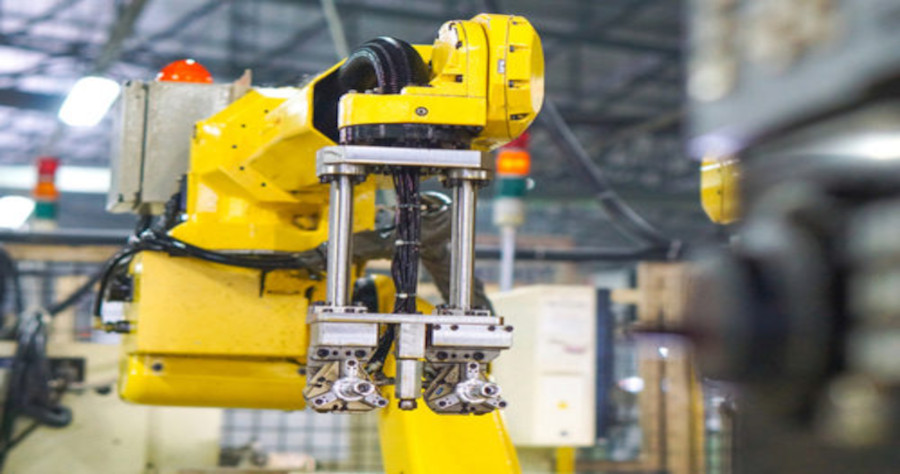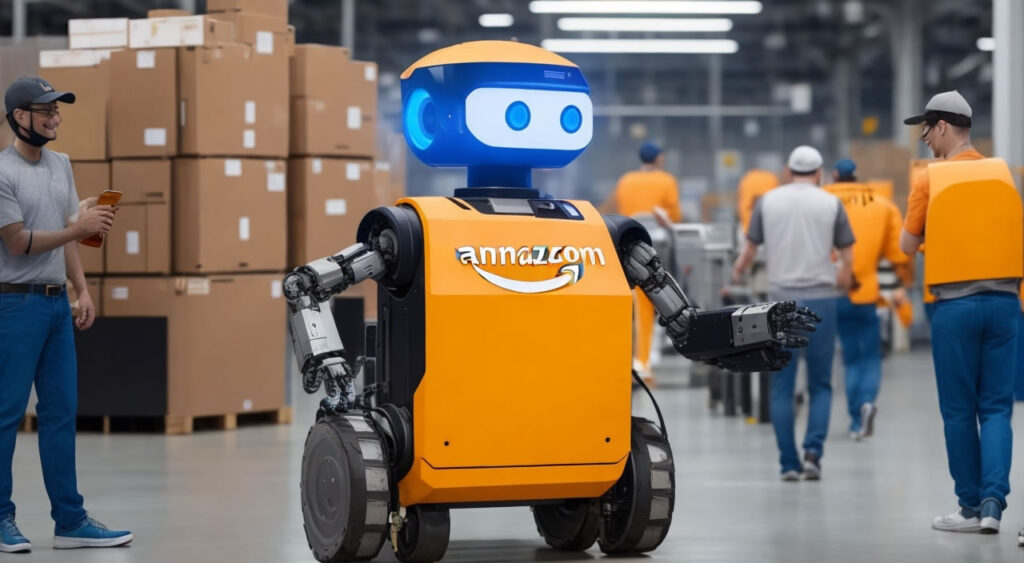Artificial intelligence (AI) is rapidly growing and reshaping various industries, from self-driving cars to social media. In the business world, enterprises are recognizing the power of AI and machine learning (ML) as drivers of innovation strategies. This is particularly evident in the supply chain and logistics industry, where AI is proving to be a game changer.
By effectively implementing AI, companies can overcome the complexities of running global logistics networks and make smarter, more agile decisions. McKinsey & Company predicts that businesses could gain trillions of dollars in economic value each year by incorporating AI into their supply chains. Lower costs, improved customer service, and increased efficiency are among the benefits of proactive AI systems.

One of the key advantages of AI is its potential to enhance predictive capabilities, enabling better demand forecasting and inventory management. Companies can adjust vehicle allocation and routes based on predicted demand, leading to lower operational costs. Moreover, AI-powered chatbots are redefining customer support, with a significant portion of customer engagements being handled by bots. Personalized customer experiences, like DHL’s partnership with Amazon, exemplify the potential of AI in this area.
AI also enables the development of smart warehouses, where automation and software streamline operations, simplify tasks, and enhance cost-effectiveness. Alibaba and Amazon have already transformed their warehouses using automation, with robots working alongside humans to increase productivity.

Furthermore, genetic algorithms are optimizing delivery routes, saving time and reducing costs. For instance, UPS employs a route planner based on genetic algorithms called Orion, which helps drivers make timely and efficient deliveries by considering traffic conditions and other factors.
Looking ahead, AI is set to redefine efficiency in supply chain and logistics processes. It is rapidly becoming the “new normal” for managing data, operations, and customer service in a highly automated, intelligent, and efficient manner. Regardless of opinions on these changes, AI and related technologies are poised to revolutionize global supply chain management.

